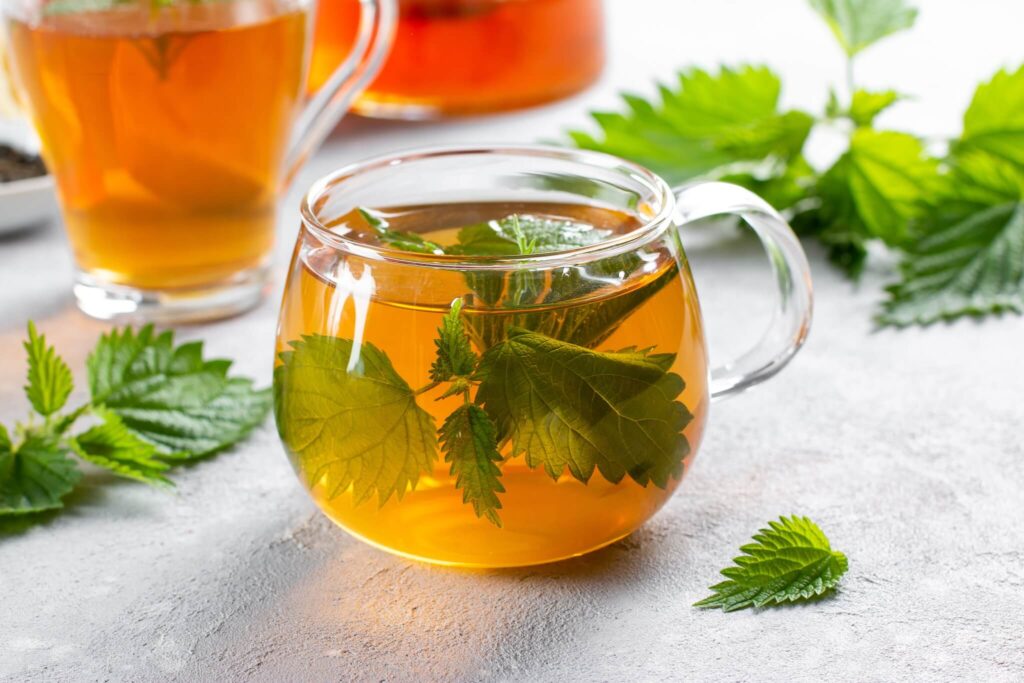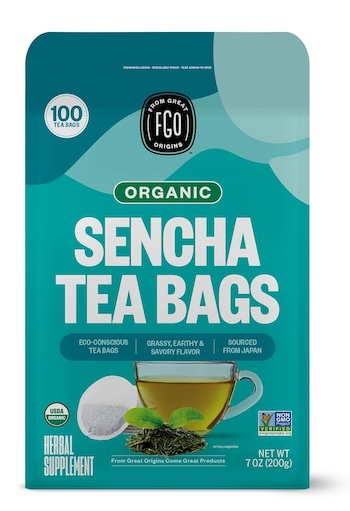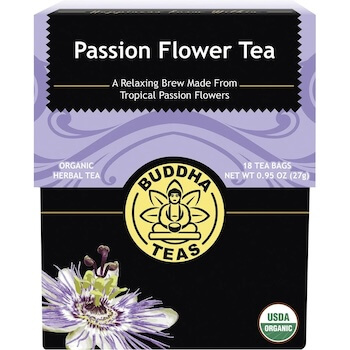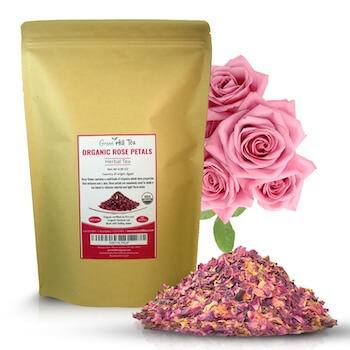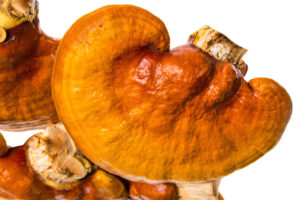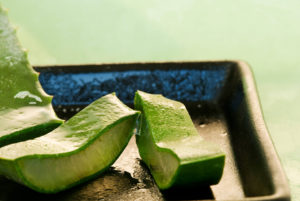Our lives are often a busy whirlwind, with many of us searching for ways to create a sense of calm for our overstimulated and tired minds. In this blog post, we are focusing on a popular natural remedy that often draws attention around the world, the calming effects of herbal teas.
These comforting brews provide a moment of peace, a calming ritual, and the herbs themselves are known for inducing tranquility, serenity, and clarity. If you are searching for a way to induce calmness, the following list of herbal teas is sure to provide Zen in a cup.

CHAMOMILE
Chamomile is a delicate flower with a subtle apple-like scent, and it often takes center stage in the herbal tea repertoire. For centuries brewing a cup of chamomile tea has been used as a simple way to create a sense of calm before bedtime, and in recent years the science behind this powerful flower has supported this tradition.
It is thought the powerful effects of this calming champion are a result of the compound apigenin, which can calm our central nervous system. Research indicates that chamomile may possess mild sedative properties, making it an ideal choice for winding down after a hectic day. It is often described as nature’s tranquilizer!

LAVENDER
Next up is lavender which is often celebrated for its aromatic allure; however, its power extends beyond its fragrance and beauty. Incorporating lavender tea into your evening routine offers a peaceful transition from the demands of the day to a restful night’s sleep, and the mild, gentle flavor makes it a great choice for those who are experimenting with herbal teas.
Alongside the well-known benefits of lavender within essential oils, recent studies also suggest that lavender tea may contribute to a reduction in anxiety levels, thanks to compounds that can relax our brain’s GABA receptors. When combined with the powerful aroma, lavender tea is a powerful option for those looking for a tranquil evening tea.
PEPPERMINT
Known for its invigorating scent, the benefits of peppermint tea go beyond awakening the senses. Scientific research indicates that the menthol in peppermint may have a calming effect on the nervous system, potentially alleviating stress and promoting mental clarity. The bioactive compounds possess impressive anti-inflammatory and antioxidant properties, making peppermint a Zen master when it comes to tackling stress and inflammation.
Sipping on a cup of peppermint tea provides not only a burst of freshness but also a moment of reprieve. As the peppermint helps to regulate the body’s natural response to stress, the aroma will provide an instant mood lift, which is often associated with improved alertness and reduced fatigue.
GREEN TEA
Green tea is another popular choice thanks to its ability to offer a harmonious blend of mindfulness and alertness. It is rich in L-theanine, an amino acid that is known for promoting relaxation without inducing drowsiness, making it the ideal choice for those who are looking to maintain a sense of calm, clarity, and focus.
If you are searching for herbal teas that pack a powerful punch, matcha green tea is a perfect choice. It is a brilliant antioxidant and will tackle many common ailments such as inflammation, gut issues, and even blood circulation. Although not necessarily the most calming herbal tea, the ritual of preparing this soothing beverage will provide a moment of peace on a busy day.
PASSIONFLOWER
The passionflower is another natural sedative that is revered in traditional medicine for its calming properties. When the delicate passionflower blossoms are steeped into a tea, studies report the relaxing drink can be associated with improved sleep quality and anxiety reduction, it also shows promise when used to treat stomach problems.
The bright white and purple flowers grow on a vine, with the calming tea enjoyed in countries such as Turkey, Brazil, and North America. The herbal tea is rich in many powerful antioxidants including coumarin, umbelliferon, chrysin, and vitexin, which can help to reduce oxidative stress and the risk of inflammatory disorders.
YOGA FOR STRESS RELIEF
VALERIAN ROOT
Valerian root is often hailed as a champion of serenity-inducing teas, making it the ideal choice for those who are looking to add a sense of calm to their nightly routine. The tea has been enjoyed in Europe since the 17th century, with modern scientific studies suggesting that valerian root may have the ability to influence gamma-aminobutyric acid (GABA) levels in the brain, contributing to its calming effects.
It is hailed for its ability to alleviate insomnia and promote restful sleep, and it is often combined with other herbs such as lemon balm and hops for an added boost. These combinations also help to mask the sharp odor which can be powerful when consumed in a tea form.
ROSE TEA
Rose petals are another traditional herbal tea option, and for centuries rose plant blends have been used to create a delicious floral tea. Studies show that rose petals can have a relaxing effect, thanks to the anxiety-fighting l-theanine, which is known to lower stress levels and soothe anxiety. The rose family includes over 130 species so there are many options available, although white rosehips are a popular choice as they add both a tartness and sweetness to tea blends.
NURTURING WELL-BEING – ONE SIP AT A TIME
This blog post has just scraped the surface of the incredible herbal teas available, but we hope our insight helps guide your herbal tea journey for tea novices. If you are searching for the perfect Zen tea life, the simple act of brewing and sipping a warm cup of tea is a mindful practice in itself.
Taking the time to incorporate this daily ritual into your routine will offer a moment of calm, whether you opt for the soothing properties of chamomile, the tranquility of lavender, the refreshment of peppermint, or the relaxing properties of green tea. Here’s to the art of nurturing wellbeing, one sip at a time!
YOU MAY ALSO LIKE:
RAW GOJI BERRY COCONUT PUDDING
Tired of the same old, boring desserts? This raw coconut and goji berry pudding will change everything! Made with honey instead…
THE MUSHROOM OF IMMORTALITY
The full picture surrounding the medicinal power of the Reishi mushroom continues to unfold due to research that has taken place…
HOW TO USE A FOAM ROLLER AND IMPLEMENT IT INTO YOUR WORKOUT
By Kevin Jones If you are new to fitness, you may have heard someone recommend that you try foam rolling as…
WHAT YOU NEED TO KNOW ABOUT YOUR SOLAR PLEXUS CHAKRA
The solar plexus chakra is one of the most important in our energy system. Located at the lower abdomen, it has…
YOUR SKINCARE SUPER-HERO: THE MYRIAD BENEFITS OF ALOE VERA
THE SKIN: OUR LARGEST ORGAN Did you know that the skin is our largest organ? It’s true! And because it’s our…
HOW TO START MAKING YOGA A DAILY HABIT
By Kevin JonesYou likely know that yoga can provide you with a variety of benefits, from helping you increase your flexibility…

